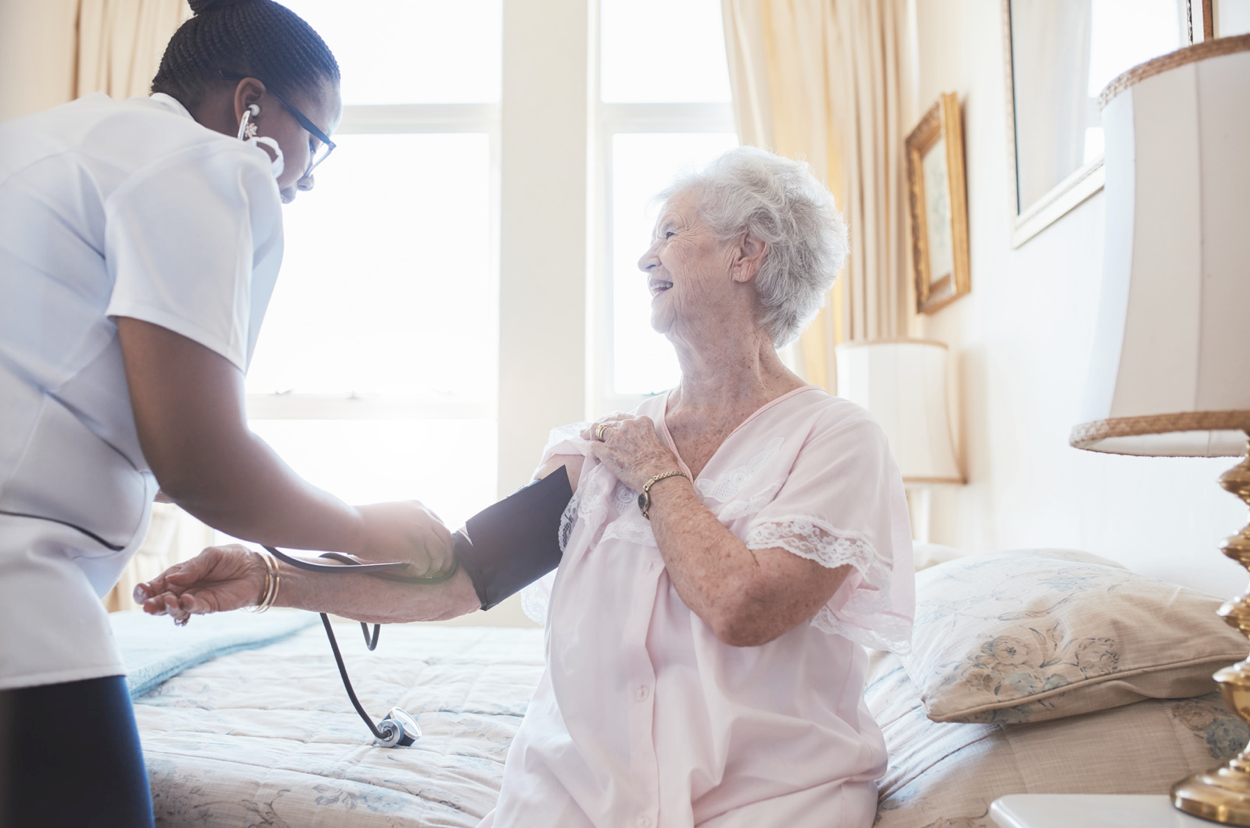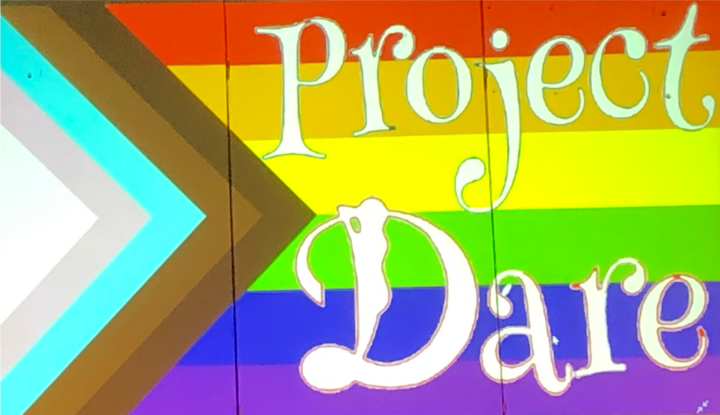New training video supports care home staff to detect deterioration

Wessex and the West of England Academic Health Science Networks (AHSNs), funded by Health Education England, have collaborated to produce a series of free videos and e-learning materials to support staff working in care homes to care for residents who are at risk of deterioration.
As recognised in a recent paper supported by North East and North Cumbria AHSN, identifying acute illness including sepsis amongst older adults in care homes can be difficult and opportunities to initiate appropriate care may be missed, if illness is not recognised promptly.
The short videos describe how to take measurements from residents correctly (such as blood pressure and oxygen saturation), spot the signs of deterioration, and prevent the spread of infection.
You can also access the films as part of the full training on Health Education England’s e-Learning for Healthcare (e-LfH) Hub (www.e-lfh.org.uk), an educational web-based platform that provides quality assured online training content for the UK’s health and care workforce, from this link.
Natasha Swinscoe, national lead for patient safety for the AHSN Network said:
‘Patient safety is a guiding principle for all AHSNs. Our care homes report highlighted numerous successes that AHSNs have had working with care homes across the country. Collectively, these have the potential to save many lives and tens of millions of pounds.’
Guidance for care home staff to register for an account
To register for e-Learning for Healthcare, visit https://portal.e-lfh.org.uk/Register.
Select the ‘Register’ button. Select the option ‘I am a care home or hospice worker’ then enter your care home / hospice name or postcode and select it from the options available in the drop-down list. Finally enter your care home / hospice registration code and select ‘Register’. You may need to see your employer to get this code.
If your employer does not have a code, then they need to contact the e-LfH Support Team. The Support Team can either give the employer the registration code or arrange a bulk upload of all staff here.
Detailed instructions on how to gain access are available here and a quick start guide to the e-LfH hub available here.

